Table of Contents
If you're looking for the best food for liver detoxification, you have come to the right place! You'll learn about foods rich in phytonutrients and other compounds that help your liver function at optimum levels. Some of these include carrots, citrus fruits, artichokes, Oatmeal, and more. Here are some other foods to consider:
Citrus fruits
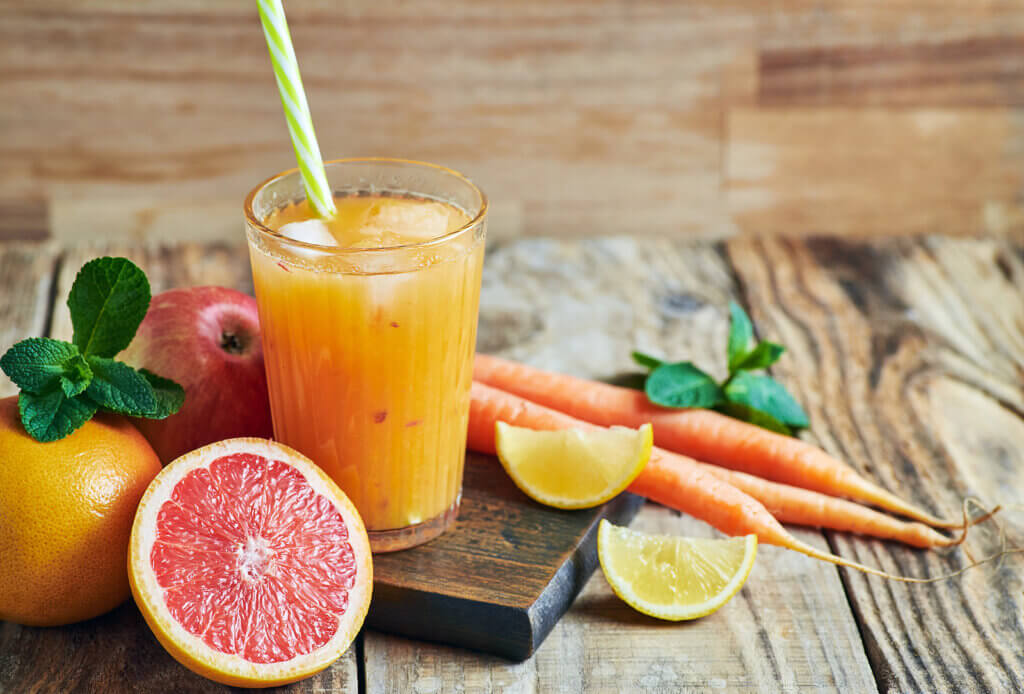
Orange, lemon and grapefruit are among the foods that promote liver detoxification and can speed up recovery after non-alcoholic fatty liver disease. Moreover, citrus fruits contain phytochemicals like betaine, betanin and betacyanin, which increase enzymatic activity of the liver and stimulate bile flow. Beets can also improve liver function as they are rich in antioxidants, which help the body fight against free radicals and damage to the liver. You can easily incorporate beets into your daily diet, either juice them or add them to your salad.
The benefits of citrus fruits for liver detox are many. They are a good source of glutathione, an essential antioxidant that is beneficial to the liver. In addition, they contain vitamin C and other beneficial nutrients that stimulate the function of liver detoxification enzymes. Lemon and grapefruit are particularly recommended for liver detox because they are great for digestion, decomposing fat and activating the diuretic system. Also, eat plenty of fruits and vegetables that are rich in folic acid and flavonoids.
Carrots
Carrots are packed with beta-carotene, plant-flavonoids, and Vitamin A. Vitamin A helps the liver detoxify and prevent disease. The antioxidant properties of carrots are beneficial for the liver, as are the catechins in green tea. But, green tea isn't always good for the liver. Pectin in carrots releases toxins from the digestive tract. Less toxins in the digestive system means less work for the liver.
In addition to helping the liver detoxify and regenerate, carrots provide fiber and antioxidants. These nutrients are necessary for the liver to function properly. The liver filters blood and excretes toxins. Therefore, a healthy diet is critical for liver health. It helps maintain the health of other organs in the body, including the brain. If a person eats carrots regularly, their body will have a healthier liver.
Beta-carotene is one of the most potent liver cleaners. This nutrient helps cleanse fatty and congested livers. It also helps the liver get rid of dead weight, which includes fatty acids and other poisons. Carrots are also a good weight-loss aid, removing dead weight and toxins that accumulate in the liver. That's why eating a handful of carrots each day will help your liver detox.
Artichokes
If you're looking for a great way to support liver health, artichokes may be the answer. Originally from the Mediterranean, artichokes are grown in various parts of the world, including Argentina and California. Besides being a low-cost, high-fiber food, artichokes are also rich in vitamins B, C, and iron. In addition, they protect the brain and bones, and they are anti-carcinogenic, so eating one of these vegetables will do wonders for your health.
One study in 2021 published in Complementary Therapies in Medicine reported that artichoke consumption significantly reduced blood pressure, which is an important factor in preventing heart attacks and strokes. The study also found that artichoke consumption significantly reduced the risk of non-alcoholic fatty liver disease (NAFLD), the most common type of chronic liver disease. Though preventing NAFLD can be accomplished through proper diet, physical activity, and weight management, consuming artichokes may help. Because artichoke leaf extract contains concentrated amounts of several compounds, it may be useful for people with liver disease and those looking to cleanse their body.
However, artichoke leaf extract is not suitable for everyone. Women who are pregnant or have gallstones should consult a healthcare professional before taking this herb. Furthermore, people with gallstones and biliary obstructions should avoid artichokes as they could increase the risk of gallstones. Artichokes are also suspected to increase the risk of allergic reactions in some people. Therefore, it is important to take caution when using artichokes as part of a detoxification regimen.
Oatmeal
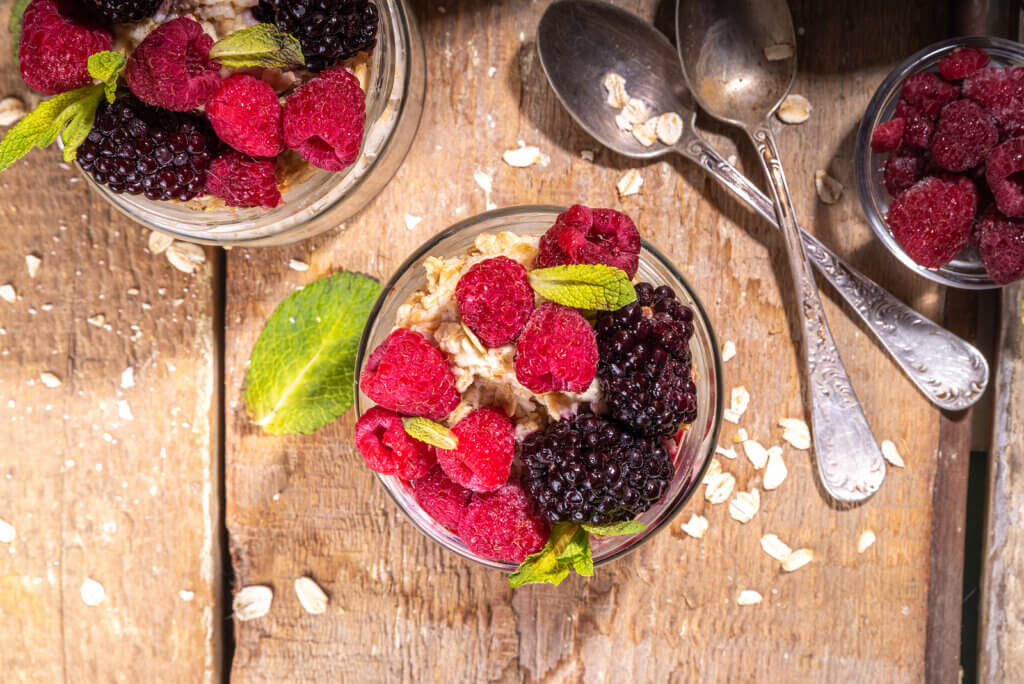
Oatmeal for liver detoxification has many benefits. This healthy food has a high level of fiber and antioxidants that aid in regulating digestion. Moreover, it also contains a high concentration of vitamin C. Combined with mint tea, oatmeal has anti-inflammatory and antioxidant properties that improve liver function. In addition, the fiber found in oatmeal boosts the liver detoxification process. Thus, oatmeal is an ideal diet to detoxify the liver.
Oatmeal is a popular breakfast and has many other health benefits. It has high amounts of soluble fiber, which aids in reducing LDL (bad cholesterol). It also contains insoluble fiber, which promotes regular bowel movements. These benefits are enough to make oatmeal a great food choice for liver detoxification. So, what are the benefits of oatmeal for liver detoxification? Read on to find out more!
In addition to this, it helps lower the risk of cardiovascular diseases, type 2 diabetes, and weight gain. The liver functions continuously to detoxify the body and absorb nutrients. It produces proteins, releases enzymes to break down toxins, and excretes waste through the intestine. Hence, nutrition is a key factor in avoiding any liver disease. And oatmeal helps in lowering triglyceride content.
Mushrooms
Taking mushrooms for liver detoxification can help you stay healthy and stay away from the risk of developing diseases. The benefits of mushroom powder are numerous. You can add it to your favorite dishes to reap all of the benefits. To start, try eating about a teaspoon of mushroom powder a day. As you feel the benefits, you can increase your intake. However, it is important to note that mushroom powder is still relatively new and needs more research to be proven effective.
A recent study showed that a type of mushroom called reishi can help the liver detoxify. It can reduce the levels of several enzymes that are indicative of liver damage. When mice were exposed to amatoxin, liver enzymes soared. Taking reishi extract reduced these levels and halted the acute injury to the liver. The mushrooms are particularly useful for patients who have a history of liver damage from medications like painkillers.
Avocados
Avocados are a good source of healthy fats, which your body needs for detoxification. They also contain essential micronutrients and promote the production of glutathione, a powerful antioxidant that helps detoxify heavy metals from the body. Avocados are also high in beets and carrots, which contain beta-carotene, which helps regenerate liver cells and reduce cholesterol. These foods are high in antioxidants, which can help the liver fight free radicals and restore its healthy function.
Although avocados are high in fat, this fat is heart-healthy monounsaturated. They contain a laundry list of potent nutrients, including antioxidant vitamins E and C, glutathione, lutein, zeaxanthin, potassium, and folate. These nutrients are all essential for the proper functioning of your liver. You may not know that you're getting all of them by eating avocados, but they're worth checking out.
Avocados are high in fiber and healthy fats. The avocado oil can help your liver heal from any damage it has suffered from. Studies have shown that coffee plays an important role in maintaining a healthy liver. Research suggests that moderate consumption of coffee may slow the development of liver disease. It is also beneficial for your cholesterol levels, lowering low-density lipoproteins and raising high-density lipoproteins.
Broccoli
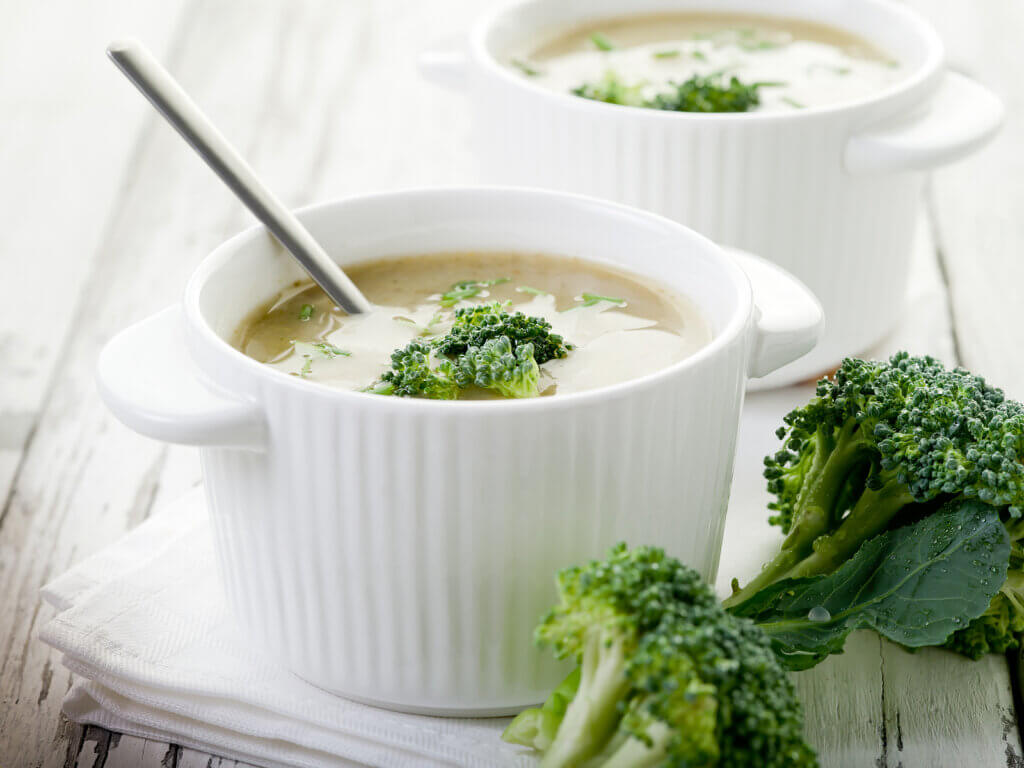
Despite not having the exotic appearance of other superfoods, broccoli plays a crucial role in liver detoxification. Non-alcoholic fatty liver disease (NAFLD) is one of the most serious health problems in the world, and obesity has been shown to increase the risk of developing the disease. Broccoli, along with other cruciferous vegetables, is a powerful source of antioxidants, fibre, and flavonoids, which help the liver detoxify itself.
Studies show that cruciferous vegetables are excellent for detoxification because they are high in glutathione, an antioxidant that triggers the liver's toxin-clearing enzymes. Furthermore, they contain glucosinolate, which is an important nutrient for flushing out carcinogens and other toxins. Additionally, turmeric has long been used for medicinal purposes in India. It contains curcumin, an active ingredient that is known to have powerful biological properties. It boosts bile production and supports liver function.
Researches have found that broccoli sprout extract protects the liver from xenobiotics by enhancing glutathione synthesis and detoxification enzymes. Moreover, broccoli sprouts upregulated several genes associated with glutathione metabolism and detoxification. These findings are significant and suggest that a daily dose of broccoli can protect the liver from xenobiotic toxins. Human trials will need to be conducted before the benefits of broccoli can be realized.
Tomatoes
Research has proven that eating tomatoes for liver detoxification can reduce alcohol consumption. Unlike other foods, tomatoes can detoxify the liver through their high amount of glutathione content. Despite their small size, tomatoes have powerful antioxidant properties. Lycopene, a compound found in tomatoes, protects against cancer. Studies have found that tomato extracts may protect the liver against lung, breast, and skin cancer. Grapefruit is another great food to eat for liver detoxification. Each grapefruit contains 70 milligrams of liver detoxifying glutathione. Grapefruit is high in pectin, which helps reduce cholesterol. Despite the small amount of calories, grapefruit is a great snack, especially when paired with cottage cheese or plain yogurt.
Drinking tomato juice can help detoxify the liver. Its phytonutrient content lowers the level of chronic inflammation, which is linked to heart conditions. One glass of tomato juice a day reduces the level of a primary marker of inflammation by a third. Besides lowering LDL levels, tomatoes contain a large amount of vitamin K. Vitamin K plays an important role in bone building. Tomatoes can also protect the eyes from UV damage.

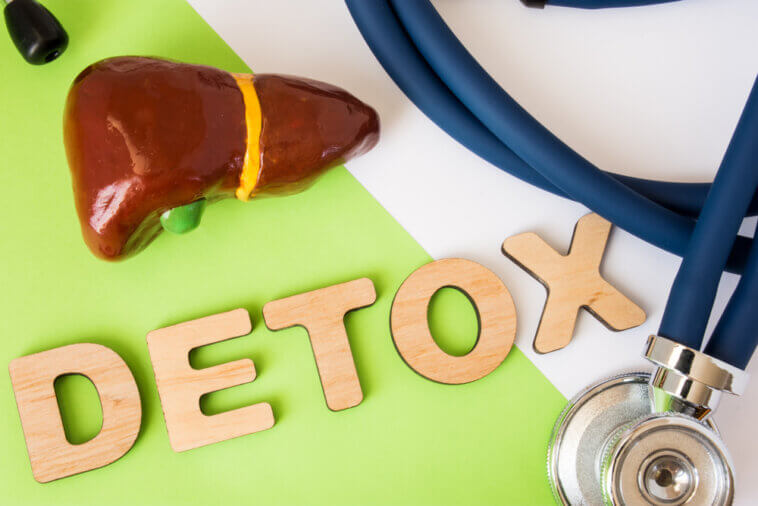
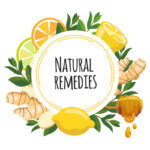

Comments
Loading…